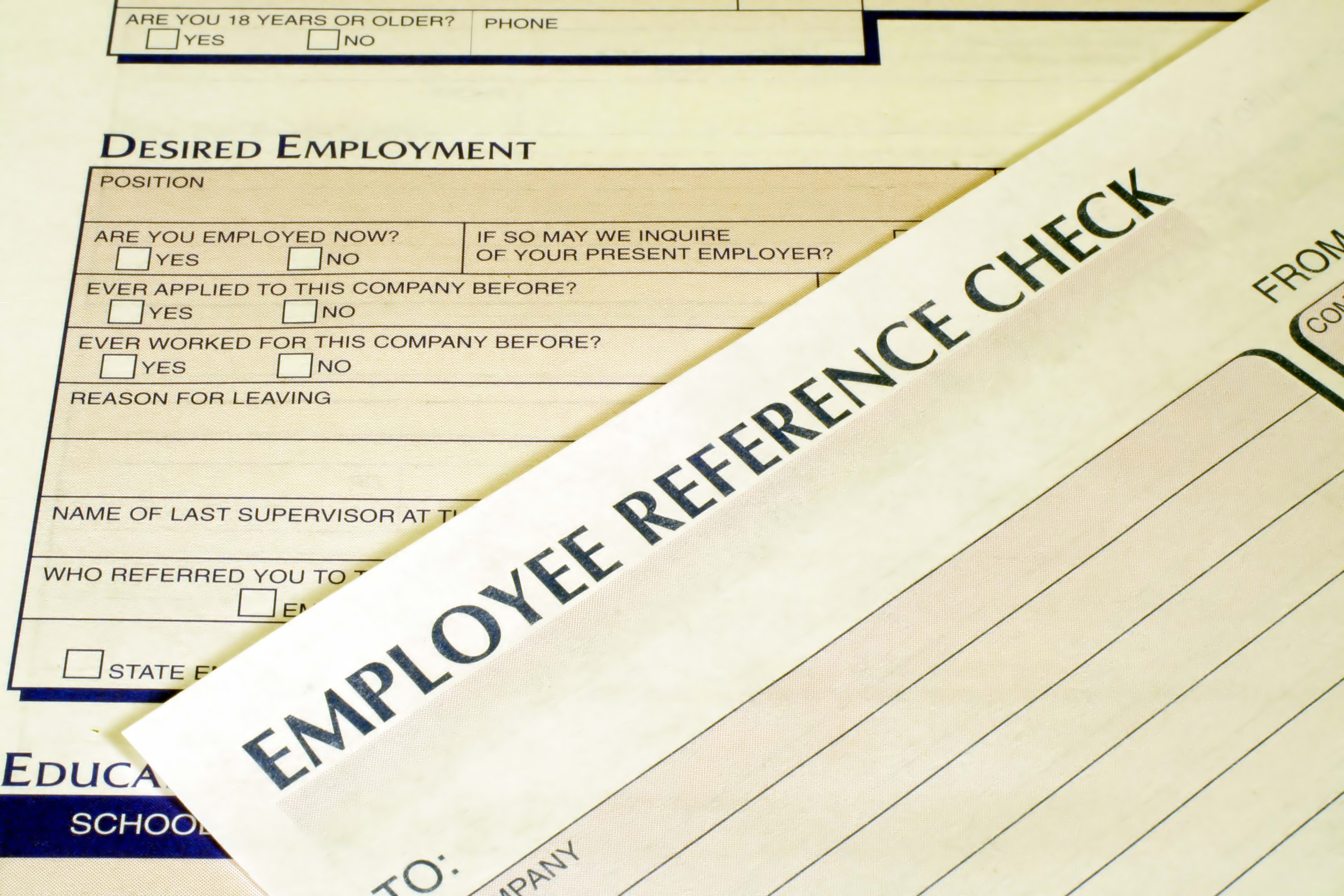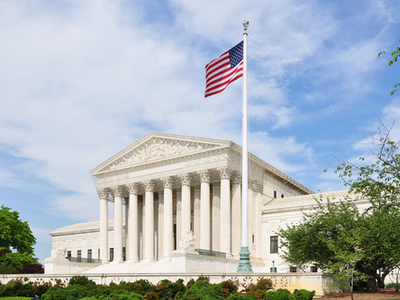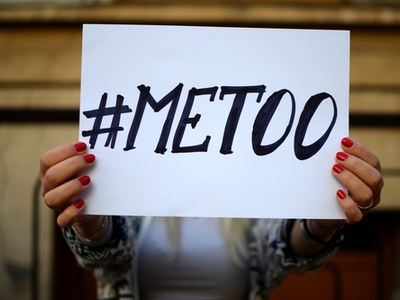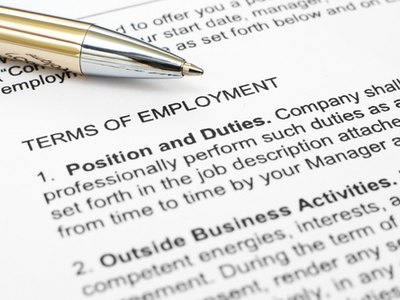In the wake of #MeToo, California has enacted a new statute aimed to protect victims, witnesses, and former employers from claims of defamation for making complaints or communicating information about alleged sexual harassers to others. On July 9, 2018, Governor Brown signed into law Assembly Bill 2770. The bill amends Civil Code section 47, which makes certain communications “privileged,” meaning those communications cannot be the basis of a defamation claim.
Employers, Victims, and Witnesses Rejoice: California Bars Sexual Harassers from Suing for Defamation











